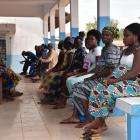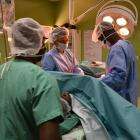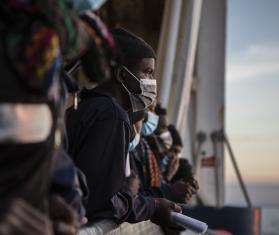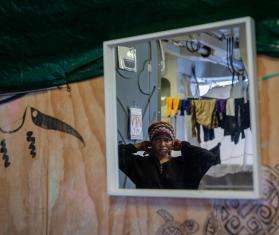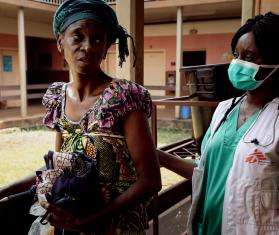MSF donated medical equipment to health facilities in Tchologo in 2022, and in light of the serious needs our teams witnessed during their assessment, we prepared to support both refugees and the host communities for at least three months, with the provision of general health care and reproductive health services, particularly in Ouangolodougou district.
Our regular activities in Ivory Coast continue in collaboration with our local partners and the country's health authorities. Our project in Bouaké provides care for people living with mental health disorders and epilepsy, while a project in Agnéby-Tiassa promotes access to specialist care via telemedicine, including for cardiology, gynecology, obstetrics, and pediatrics.

